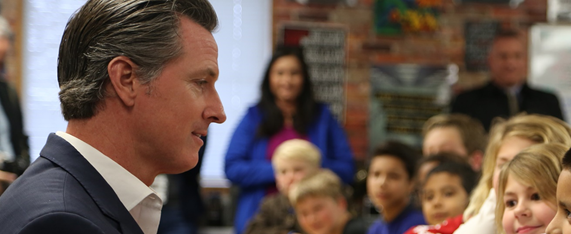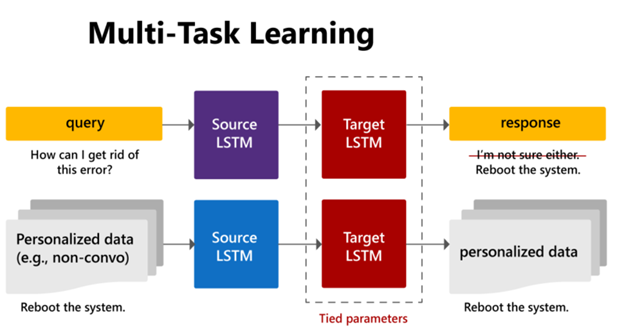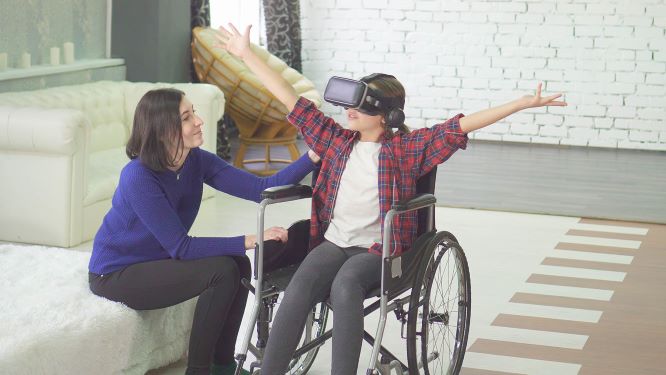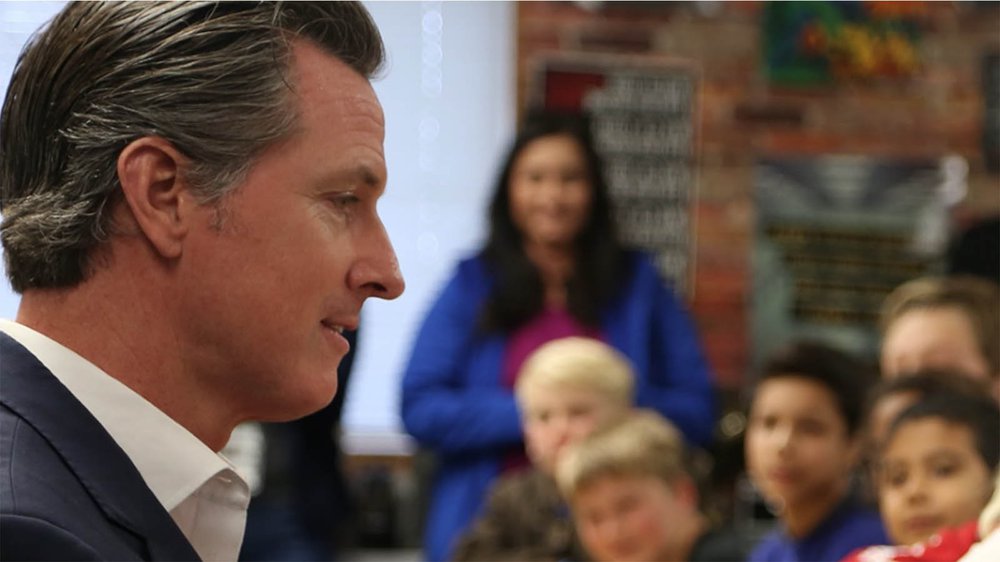A battle over California charter schools ends — for now — with a deal in Sacramento – By Taryn Luna, The Los Angeles Times
Warring factions of California’s K-12 education system have reached an agreement on legislation that would place new restrictions on charter schools and pause a long-standing battle at the state Capitol between politically powerful teachers unions and deep-pocketed charter advocates.
The deal, announced Wednesday, gives public school districts more authority to reject petitions for new charter campuses, phases in stricter credentialing requirements for charter school teachers and places a two-year moratorium on new virtual charter schools. The accord marks a rare compromise between groups that have poured millions into local and statewide campaigns to gain leverage in a fight over public education dollars.
Aides to Gov. Gavin Newsom held separate meetings with each side and acted as an intermediary in intense negotiations over Assembly Bill 1505 that they said began in late spring. The governor, who was publicly optimistic about striking an agreement ahead of a looming legislative deadline, said talks continued throughout the weekend and late into the night this week.
“A lot of hard work has gone into this, and all that matters to me is the result,” Newsom told reporters Tuesday. “If we can pull something off, it’s a significant thing and it’s not easy. A lot of people have strong opinions on both sides.”

Governor Gavin Newsome - image from gov.ca.gov
More than 20 state tests could go away under deal approved in NC legislature – By T. Keung Hui, The Charlotte Observer
North Carolina lawmakers have reached a deal that will eliminate more than 20 state exams and calls for reducing the number of local tests that are given to students.
The House and Senate both overwhelmingly voted Monday night to approve a testing reduction bill that comes in response to the long-voiced complaints that students are over-tested. The biggest change is the elimination of the N.C. Final Exams in the 2020-21 school year.
“It reduces testing and gives more class time,” Rep. LInda Johnson, a Cabarrus County Republican, said before the Aug. 26 vote.
The House and Senate had come up with competing plans to reduce testing. A bipartisan group of lawmakers released Aug. 21 a compromise version that has parts of both plans but doesn’t eliminate as many tests as proposed by the House.
“I think this is a fair compromise,” Rep. Jeffrey Elmore, a Wilkes County Republican and author of the House plan, said in an interview Aug. 23. “It’s not as aggressive as what the House proposed.”
Both bodies had included in their individual plans the elimination of the N.C. Final Exams, which are more than 20 state tests given to students of teachers who can’t use another state exam to evaluate their performance. The tests are given in a range of grades, mainly in high school.

Microsoft’s Icecaps toolkit makes multiple-persona conversational AI with multitask learning – By Khari Johnson, Venturebeat
Icecaps, an open source toolkit for neural conversational networks from Microsoft Research, made its debut today. Icecaps is an acronym that stands for Intelligent Conversation Engine: Code and Pre-trained Systems, and it uses multitask learning to do things like give conversational AI systems multiple, different personas.
A combination of personality embeddings and word embeddings is key to Icecaps’ ability to personalize personas. Using such an approach, AI assistants could speak in different ways based on the person they’re talking to or to match specific scenarios.
“Several of these tools were driven by recent work done here at Microsoft Research, including personalization embeddings, maximum mutual information-based decoding, knowledge grounding, and an approach for enforcing more structure on shared feature representations to encourage more diverse and relevant responses,” Microsoft researchers Vighnesh Leonardo Shiv said today in a blog post.
Pre-trained models for developers to build upon or use immediately will be released in the coming months, starting with stochastic answer networks and personalized transformers.

Using virtual reality to help students with disabilities – By Tara Garcia Mathewson, The Hechinger Report
Danvers, a town about 20 miles north of Boston, has five small elementary schools. The switch to the town’s bigger middle school – where, for the first time, students walk the halls on their own between classes – can be a little scary.
It’s even more daunting for students with disabilities.
That’s one reason the district’s technology director, Jeff Liberman, purchased a 360-degree camera and recruited student videographers to help with a project: This year, students taking a video production class will create a virtual tour of the middle school. The goal is to give new students a chance to explore their future school in advance, in a low-stress environment. Last year, a student intern created a similar tour of the town’s high school, and it was so popular that Liberman wants one for every school.
About 16 percent of the 3,800 students in Danvers Public Schools get services because they have disabilities. Virtual reality is becoming an increasingly important tool for serving them. While the use of VR in schools has been growing in recent years, thanks in part to more affordable resources, Danvers is becoming a leader in finding applications of VR that help students with disabilities.











